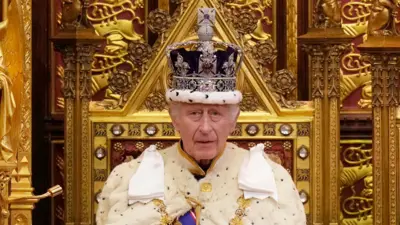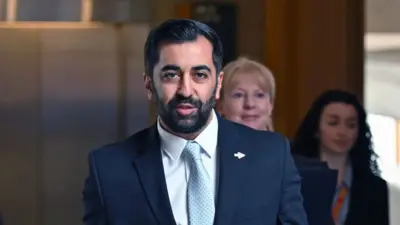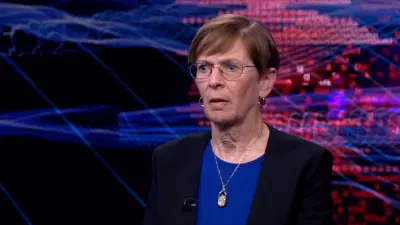We've updated our Privacy and Cookies Policy
We've made some important changes to our Privacy and Cookies Policy and we want you to know what this means for you and your data.
Medical school places to increase next year
Image source, Science Photo Library
An extra 500 medical school places in England have been confirmed for next year by the government.
The Department of Health announced in October it planned to add up to 1,500 more places each year - a boost of 25% on current student doctor numbers - and says it will hit that target by 2020.
It is part of a plan to use UK-trained doctors to ease NHS staffing pressures.
But the British Medical Association says the plan will not address the immediate shortage of medics.
Training to become a doctor takes at least five years and currently about 6,000 graduate each year.
Diversity drive
The government wants many of the new training places to go to students from disadvantaged backgrounds to improve diversity in the medical profession.
Medical schools will be able to bid to run some of the extra course places.
Those that can demonstrate they are targeting under-represented social groups, such as poorer students, will be favoured, as will those covering regions that struggle to attract trainee medics - rural areas and costal towns, for example.
The extra training places in England will ultimately mean 7,500 home-grown doctors should graduate each year.
Currently, about a quarter of doctors working in the NHS trained outside the UK.
There are concerns that the impact of Brexit and a global shortage of doctors could make it harder to recruit as many in the future.
Some UK-trained medics are also leaving the country to work elsewhere.
Harrison Carter from the BMA said: "The students who will benefit from these new placements will take at least 10 years to train and become senior doctors so we mustn't forget this promise won't tackle the immediate shortage of doctors in the NHS which could become more acute following Brexit.
"As such, we require equal focus on retaining existing doctors in high-quality jobs which will provide more immediate relief to an overstretched medical workforce."
Health Minister Philip Dunne said: "We're committed to giving more talented students the chance to be part of our world-class NHS workforce.
"Not only is this the biggest ever expansion to the number of doctor training places, but it's also one of the most inclusive; ensuring everyone has the chance to study medicine regardless of their background, and ensuring the NHS is equipped for the future with doctors serving in the areas that need them the most."
Prof Wendy Reid, from Health Education England, said the extra places would help the NHS meet the diverse healthcare needs of patients "up and down the country".
Shadow health secretary Jonathan Ashworth said: "Ministers have repeatedly announced plans to increase doctors' training levels and in many key medical specialities they are failing to fill the places already on offer.
"The government need to get a grip and put in place a long-term workforce plan backed up with significant new investment for the number of staff needed to deliver services safely."
British students flock to Eastern Europe to study medicine
Trainee doctors head for Central and Eastern Europe to study, lured by high standards and lower costs.
Top Stories
Features & Analysis
Most read
Content is not available








